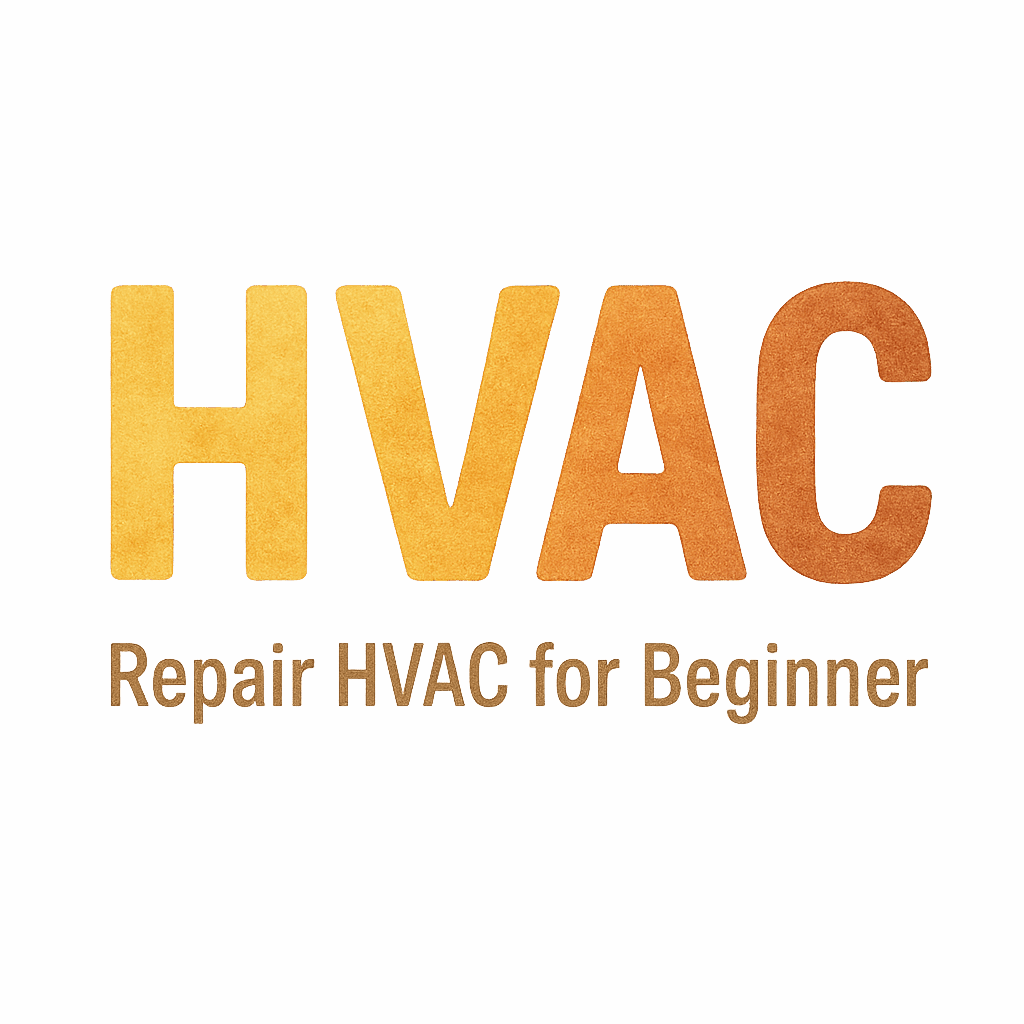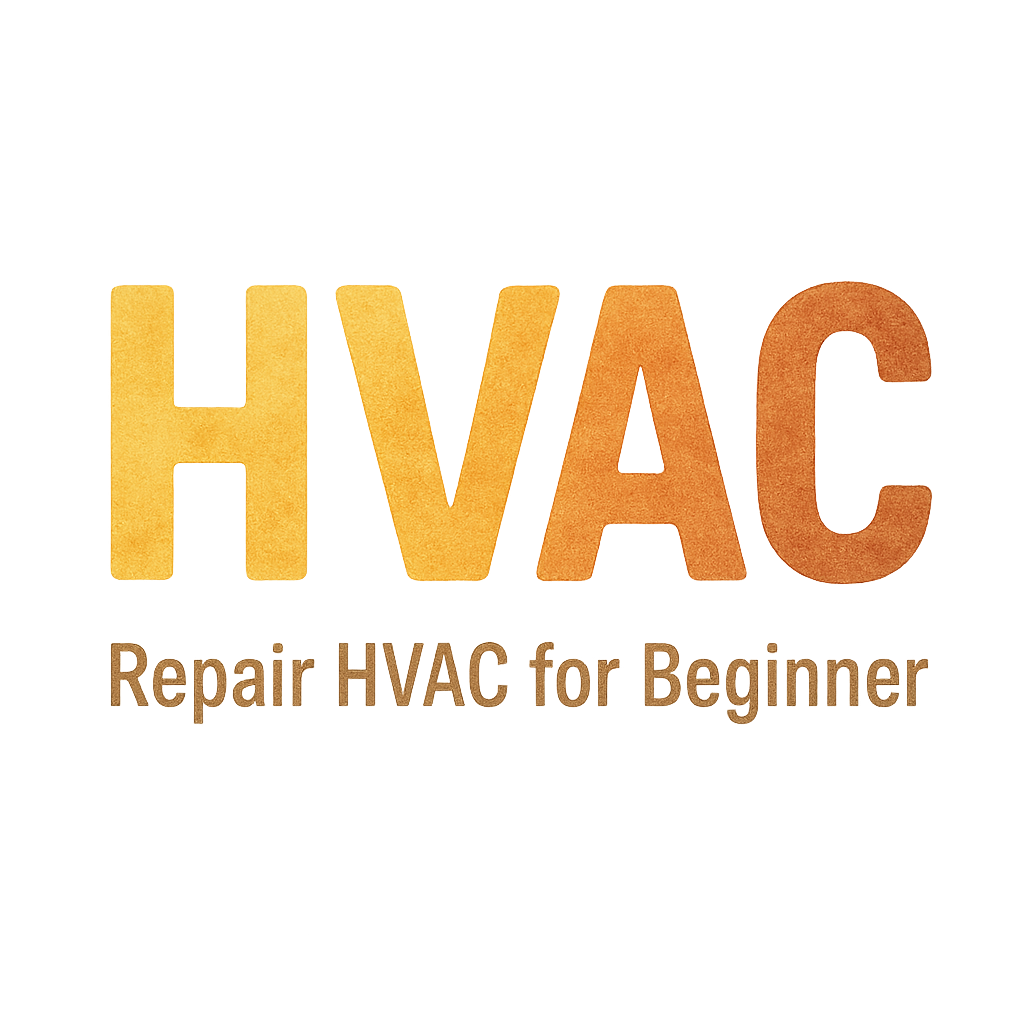Introduction: Why HVAC Filter Replacement Matters
As a homeowner, you probably already know how essential your HVAC system is to maintaining comfort in your home. However, one often overlooked but crucial element of this system is the air filter. Your HVAC filter plays a significant role in maintaining air quality, system efficiency, and the overall health of your equipment. Regular filter replacement not only ensures better airflow but also improves the lifespan of your system and helps prevent unnecessary repairs. In this guide, we’ll walk you through seven crucial tips to help you replace your HVAC filter effectively and maintain a clean, efficient, and healthy home environment.

1. Understand Your HVAC System
Know Your System’s Specific Filter Requirements
Before diving into replacing your HVAC filter, it’s vital to understand your system’s specific needs. Not all HVAC systems use the same type or size of filter. Many systems require a particular filter size, material, and design to perform optimally. Always refer to your HVAC system’s manual for detailed specifications on the type of filter it requires.
Why Choosing the Right Filter Matters
Using the wrong filter can lead to restricted airflow, causing your system to work harder and consume more energy. Additionally, the wrong filter can reduce the efficiency of your HVAC system, potentially leading to higher energy bills and unnecessary wear and tear. So, understanding what filter works best for your system is the first step toward ensuring it performs at its best.
2. Check Your Filter’s MERV Rating
What is MERV, and Why Does it Matter?
The MERV (Minimum Efficiency Reporting Value) rating is an important factor when selecting the right filter for your HVAC system. This number indicates the filter’s ability to trap airborne particles. MERV ratings range from 1 to 16, with higher numbers indicating a higher level of filtration. Filters with a higher MERV rating can trap smaller particles, which is essential for improving indoor air quality.
Choosing the Right MERV Rating for Your Home
Choosing the correct MERV rating depends on several factors, including the needs of your household and the specific goals of your HVAC system. If you suffer from allergies or live in a dusty area, a higher MERV rating (between 8 and 13) will be ideal. However, if your system isn’t designed to handle high-efficiency filters, it might be best to stick to a lower MERV rating, as a higher rating can strain your HVAC system.
To get more insights on optimizing your HVAC system’s performance, check out our guide on HVAC System Diagnosis.
3. Regularly Inspect and Change Your Filters
How Often Should You Replace Your HVAC Filter?
While the ideal frequency for replacing your HVAC filter varies depending on factors like the type of filter, your system’s usage, and household conditions, it is generally recommended to replace your filter every 1-3 months. However, if you have pets, live in an area with high dust or pollen, or use your HVAC system frequently, you may need to replace your filter more often.
Signs You Need to Replace Your Filter
Even if it’s not time for a scheduled replacement, there are a few signs to look for that indicate your filter needs changing:
- Reduced airflow or uneven temperatures in your home
- Increased dust or allergens in the air
- A musty or unpleasant odor from your vents
- A visibly dirty or clogged filter
Regularly replacing your HVAC filter can save you from unexpected repair costs. For more tips on troubleshooting and repair, visit our HVAC Troubleshooting and Repair page.
4. Choose the Right Type of Filter for Your Needs
Fiberglass vs. Pleated vs. HEPA Filters
When selecting a filter, you’ll typically encounter three common types:
- Fiberglass Filters: These are the most affordable option but are less effective at trapping smaller particles.
- Pleated Filters: These are more efficient than fiberglass filters and are available in various MERV ratings.
- HEPA Filters: High-Efficiency Particulate Air filters are ideal for those with allergies, as they trap 99.97% of airborne particles, including dust, pollen, and bacteria.
Consider Allergies, Pets, and Air Quality
When choosing a filter, consider the needs of your household. If you or anyone in your family suffers from allergies, a HEPA filter is an excellent choice for trapping tiny particles. Likewise, if you have pets, a pleated filter with a higher MERV rating can help capture pet dander and reduce allergens in your home. You can explore more about common HVAC problems related to filters and how to resolve them.
5. Check for Proper Fit
Measure Your Filter’s Dimensions
Before purchasing a new filter, it’s essential to know the exact dimensions of the filter slot in your HVAC system. An incorrect size can lead to inefficiency, as it may allow air to bypass the filter or restrict airflow entirely. Always double-check the measurements before replacing the filter.
The Importance of a Snug Fit for Optimal Efficiency
A snug fit ensures that the filter can effectively capture dirt, dust, and other particles. A loose-fitting filter will allow debris to pass through, which reduces the filter’s effectiveness and the overall performance of your HVAC system. If you’re unsure, it’s worth asking an HVAC professional for guidance. You can find expert advice on proper installation on our HVAC Maintenance and Cleaning page.
6. Don’t Forget to Turn Off the Power
Safety First: Always Cut the Power
One of the most important steps in replacing your HVAC filter is turning off the power. This is essential for your safety, as it prevents the system from accidentally kicking on while you’re handling the filter. Whether your HVAC system is electric or gas-powered, always ensure that the power is completely turned off before replacing the filter.
Why Power Off is Crucial During Replacement
Not only does turning off the system prevent accidents, but it also ensures that no debris is blown into your HVAC system while you’re replacing the filter. In some cases, a running system could create a mess, making it harder to replace the filter properly.
If you’re interested in further learning about HVAC safety protocols, check out our Protective Equipment page for more details.
7. Be Mindful of Filter Placement
Install Filters Correctly for Maximum Efficiency
When replacing your HVAC filter, it’s crucial to install it in the correct orientation. Most filters have an arrow on the side that indicates the direction of airflow. Installing the filter in the wrong direction can reduce its efficiency and prevent it from capturing airborne particles effectively.
How to Avoid Common Placement Mistakes
To avoid errors, always check the direction of airflow indicated by the arrow on the filter. Installing the filter the wrong way can lead to air bypassing the filter and causing your HVAC system to run less efficiently. For more details on avoiding such mistakes, refer to our HVAC Maintenance Checklist.
Conclusion: Maintaining Healthy Air with Proper HVAC Filter Maintenance
In conclusion, replacing your HVAC filter regularly is one of the simplest yet most effective ways to maintain your HVAC system’s efficiency and ensure clean, healthy air in your home. By following these tips, you’ll be able to make the right choices when it comes to filter selection, maintenance, and replacement. Remember, a little extra attention to your HVAC system now can prevent costly repairs down the road and improve your home’s air quality for years to come.
FAQs
How often should I change my HVAC filter?
It’s generally recommended to change your HVAC filter every 1-3 months, but if you have pets or suffer from allergies, you might need to replace it more frequently.
Can I use any filter for my HVAC system?
No, it’s important to use the filter recommended by your HVAC manufacturer. The right size and type ensure optimal performance.
What happens if I don’t replace my HVAC filter?
Failure to replace your HVAC filter can lead to reduced airflow, higher energy bills, and potential damage to your HVAC system. Visit our Repair Mistakes page for more info.
Do I need to turn off my HVAC system when changing the filter?
Yes, always turn off the system before replacing the filter for safety reasons and to avoid damage.
How do I know if my HVAC filter is clogged?
Signs include reduced airflow, uneven temperatures, and a visibly dirty or clogged filter.
Can a dirty filter damage my HVAC system?
Yes, a dirty filter can restrict airflow, causing your system to overheat and possibly leading to system failure. For repair tips, check out our Repair Tips page.
Are HEPA filters better than regular filters?
HEPA filters are more effective at trapping tiny particles and are ideal for homes with allergies, pets, or air quality concerns. However, they may not be necessary for every household.


